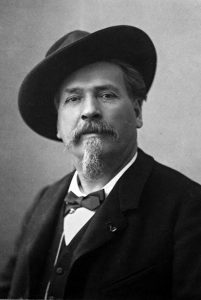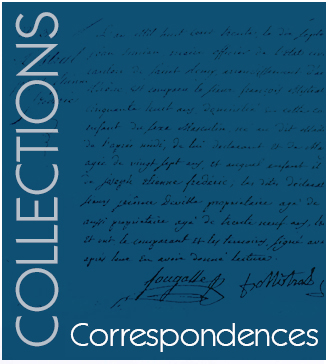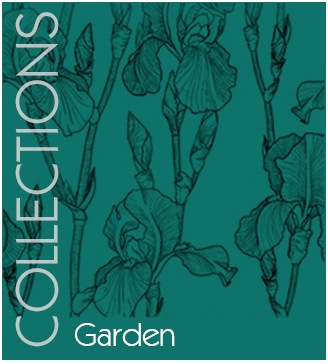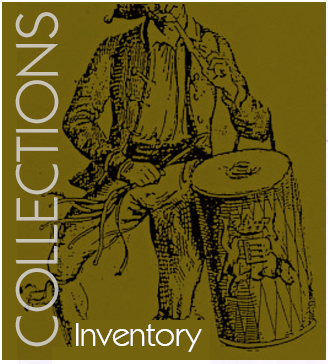Biography

“The bard of Provence” is an expression often used to describe Frédéric Mistral. Born in 1830 in Maillane, where he lived until his death in 1914, he was a poet, lexicographer, Nobel Prize winner for literature, and defender of a culture and language: Provençal.
His texts are tinged with romanticism and revisit the great themes of literature, celebrating love and the rural and agricultural world where he was born and which he chose to portray in order to better defend it. Thanks to Lamartine, Frédéric Mistral immediately enjoyed international fame with Mirèio: this epic poem has been translated into more than seventeen languages. Mirèio, Calendau, Nerte, Le poemo do Rose, La Rèino Jano: his works are organized according to the epic tradition of songs. Their influence extends far beyond the southern borders. The awarding of the Nobel Prize for Literature in 1904, a remarkable achievement for a writer who expressed himself exclusively in the Provençal language, crowned a major poetic work.
At the same time, with a view to preserving and restoring his mother tongue, Frédéric Mistral became a lexicographer and published a monumental Provençal/French dictionary, which is still authoritative today, in which he combines the dialectal variants of the modern Occitan language with his knowledge of the literature and ethnography of the South of France. Founder in 1854 of the Félibrige, a kind of literary academy that is still very active today, Frédéric Mistral remained a staunch regionalist activist throughout his life and implemented numerous initiatives to assert the uniqueness of a often-dreamed-of South.
With the same desire to pass on regional culture, at the end of the century he created, together with Émile Marignan, one of the first regional ethnographic museums: the Museon Arlaten.
He brought together remarkable collections to showcase the foundations of Provence, its terroirs, its people, its customs, and its changes. While part of a European network of writers, as evidenced by his extensive correspondence of 60,000 letters, Frédéric Mistral, deeply rooted in the territory that runs through his work, constitutes a cultural heritage of the 19th century. His house bears traces of this in its decor. He laid the foundations for a local culture and ensured its transmission. Numerous events, from the tribute to the poet in his village to the linguistic and costume celebrations of the Félibrige, bear witness to a heritage of which this house is the crucible.







